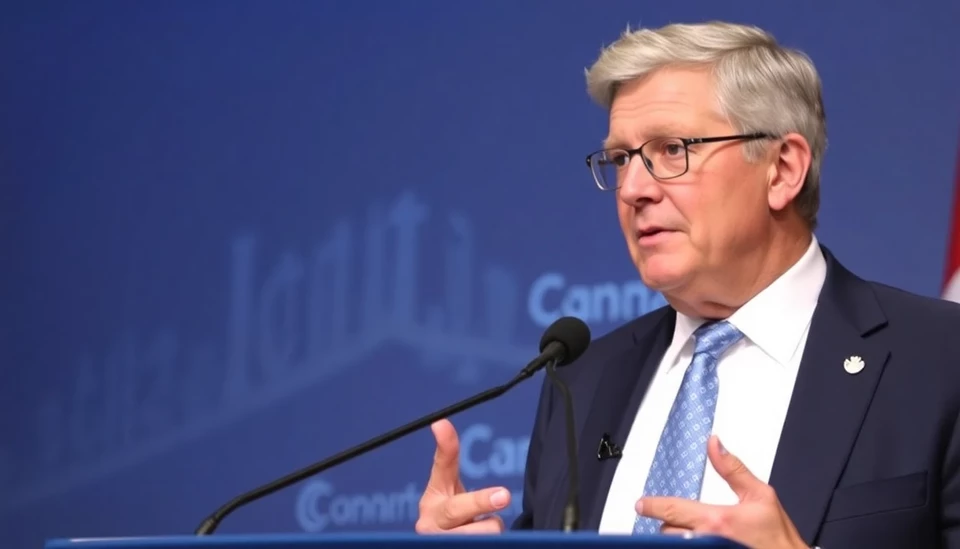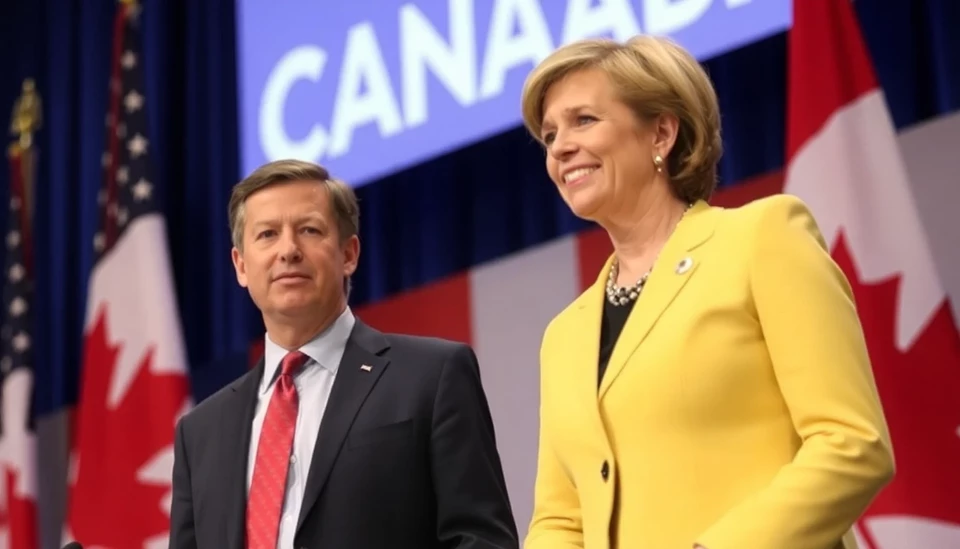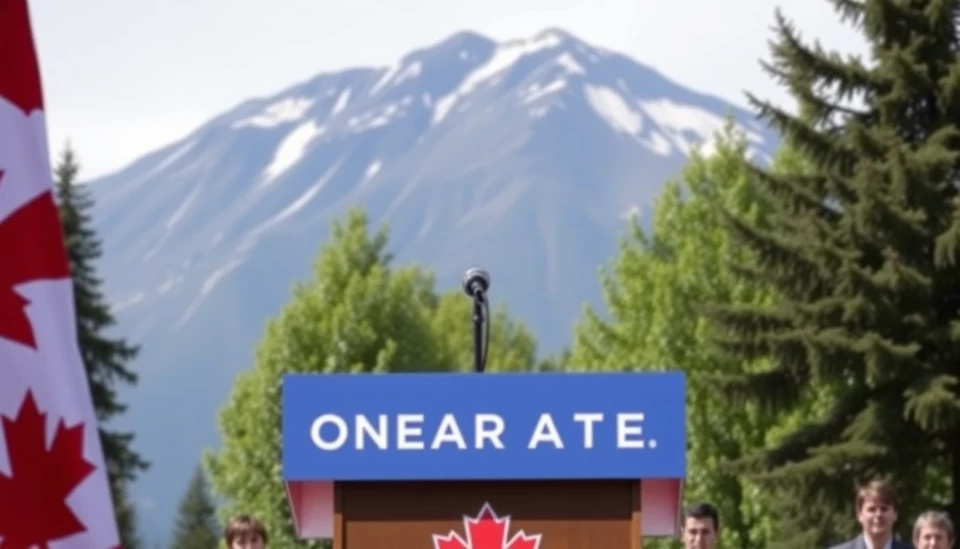
In a significant announcement that could reshape the landscape of Canadian trade and economic policies, Governor Mark Carney unveiled a comprehensive package of tariff relief measures and nation-building reforms. This bold move aims to bolster Canada's economy in the wake of global challenges and position the country for sustainable growth and competitiveness in the international arena.
The initiative, which was announced at a press conference in Ottawa, comes amid growing concerns regarding economic stagnation and the pressures of rising living costs faced by Canadian families and businesses. Carney articulated that the reforms are designed to alleviate the burdens of tariffs on essential goods and services, ultimately fostering a more resilient economic environment.
One of the pivotal aspects of the tariff relief package includes a reduction in tariffs on a wide array of imported goods, which Carney stated would decrease costs for consumers and businesses alike. He noted that the reforms take into account the current global supply chain disruptions and aim to make essential items more accessible to Canadians.
In conjunction with tariff reductions, Carney also highlighted several nation-building reforms intended to modernize the infrastructure and bolster the technological capabilities within the country. These reforms will prioritize investments in renewable energy, digital infrastructure, and transportation systems, all of which are crucial for enhancing economic productivity and environmental sustainability.
Carney emphasized that this dual approach—combining tariff relief with strategic infrastructure investments—reflects the government's commitment to not just respond to economic challenges but to proactively develop a framework for long-term growth. He invited stakeholders from various sectors, including industry leaders, labor unions, and environmental groups, to engage in a dialogue about the reforms, ensuring their input shapes the final policies.
The announcement was received positively across various sectors, with many experts predicting significant benefits for the manufacturing and retail industries. Analysts have pointed out that by reducing tariffs, the government could stimulate domestic production while also encouraging foreign investment and trade partnerships.
However, not all reactions have been overly enthusiastic. Critics argue that while the proposed reforms may temporarily alleviate some economic pressures, they do not address deeper systemic issues such as income inequality and housing affordability. The debate around the efficacy of such reforms is expected to intensify in the coming weeks, particularly as the government outlines its implementation strategy.
In conclusion, Carney's unveiling of the tariff relief and nation-building initiatives marks a pivotal moment in Canadian economic policy. As the country navigates through turbulent economic waters, these reforms could be a defining step toward achieving a more resilient and prosperous nation for all Canadians.
#Canada #TariffRelief #NationBuilding #EconomicReforms #MarkCarney #SustainableGrowth #TradePolicy #InfrastructureInvestments
Author: Rachel Greene




